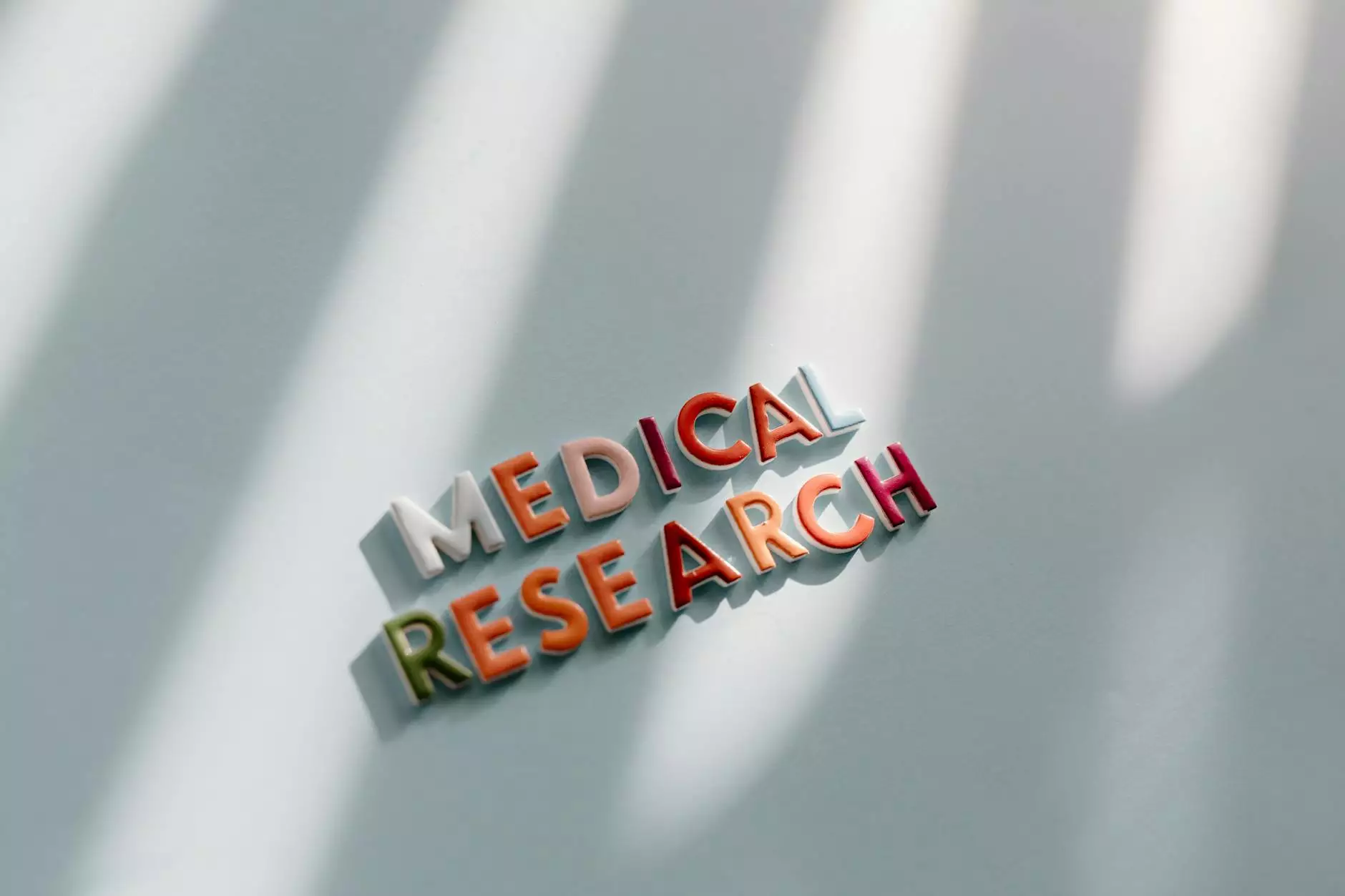The Comprehensive Guide to Dental Crown Cost: What to Expect

Dental crowns are a crucial aspect of modern dentistry, serving a range of purposes from restoring functionality to enhancing aesthetics. If you're considering getting a dental crown, understanding the dental crown cost is essential for making informed decisions regarding your oral health and financial planning.
What is a Dental Crown?
A dental crown is a custom-made cap placed over a damaged tooth to restore its shape, size, strength, and appearance. Crowns can be made from a variety of materials, including porcelain, metal, resin, or a combination. They are used to protect weak teeth, restore broken teeth, cover misshaped or severely discolored teeth, and hold dental bridges in place.
Why Would You Need a Dental Crown?
- Protecting a Weak Tooth: If a tooth has decay that's too extensive for a filling, a crown can provide the necessary support.
- Restoring a Broken Tooth: Crowns can stabilize and restore the function of teeth that have been fractured or severely worn down.
- Cosmetic Enhancement: When a tooth's appearance is compromised, a crown can improve its color, shape, and alignment.
- Securing Dental Bridges: Crowns are essential for anchoring a bridge in place when missing teeth need replacement.
Factors Influencing Dental Crown Cost
The dental crown cost can vary significantly based on several factors. Understanding these can help you anticipate expenses and prepare adequately. Below are some of the key variables that affect the price of dental crowns:
1. Type of Crown Material
The material used for the crown is one of the most significant determinants of cost:
- Porcelain Crowns: Often used for front teeth due to their aesthetic appeal, these typically range in cost from $800 to $3,000 per tooth.
- Gold Crowns: Known for their durability, these crowns can cost between $1,000 and $2,500.
- Porcelain-Fused-to-Metal Crowns: These provide strength and aesthetics, costing approximately $500 to $1,500.
- Resin Crowns: While generally less expensive, ranging from $300 to $800, they may wear down faster than other materials.
2. Geographic Location
The location of your dental procedure can greatly impact the dental crown cost. Urban areas with a higher cost of living tend to have more expensive dental care than rural locales. Researching prices in your area can provide a better understanding of what to expect.
3. Dentist's Experience and Credentials
Highly experienced dentists or specialists will often charge more for their services. Factors such as continuing education, reputation, and the difficulty of the procedure can all influence fees. While opting for an expert may increase initial costs, it often pays off through enhanced results and durability.
4. Additional Procedures
If there are underlying issues such as periodontal disease or additional tooth decay, you may require additional treatments before receiving the crown. These treatments can increase your overall costs.
Typical Costs Breakdown
Here's a clearer breakdown of typical costs associated with dental crowns:
- Initial Dental Exam: $100 - $250
- X-Rays: $25 - $250
- Temporary Crown: $50 - $500
- Final Crown Placement: $800 - $3,000 depending on material
- Total Estimated Cost: $1,000 - $4,000 per tooth
Insurance Coverage and Payment Options
Many dental insurance plans cover a portion of the dental crown cost, particularly when it is deemed medically necessary. However, it’s essential to check your specific policy for coverage details. Here are some ways to manage your dental expenses:
1. Dental Insurance
Contact your dental insurance provider to understand how much of the crown cost they will cover. If the procedure is deemed necessary due to decay or injury, you may receive more significant coverage.
2. Payment Plans
Many dental offices offer payment plans to help patients manage their out-of-pocket costs. These plans may split the total cost into manageable monthly payments, making it easier to budget.
3. Health Savings Accounts (HSAs) and Flexible Spending Accounts (FSAs)
If your employer offers an HSA or FSA, you can use these funds to pay for dental care. Contributions to these accounts are tax-free, allowing you to save money on dental crowns and other services.
4. CareCredit
CareCredit is a healthcare credit card that allows you to finance dental procedures. This option can provide flexible payment terms, making it easier to afford necessary treatments.
Choosing the Right Dental Practice
When considering a dental crown, it is crucial to choose the right dentist. Here are some factors to consider:
- Reputation: Look for reviews and testimonials from former patients.
- Qualifications: Ensure that the dentist is qualified and experienced in crown procedures.
- Consultation: Schedule consultations with multiple dentists to discuss your options and compare costs.
- Facility Standards: Ensure the practice is clean and uses modern technology.
Post-Procedure Care for Dental Crowns
After getting your dental crown, maintaining proper oral hygiene is critical to its longevity. Here are some post-procedure care tips:
- Brush and Floss: Maintain regular oral hygiene with brushing twice a day and flossing daily.
- Avoid Hard Foods: Be cautious with hard or sticky foods that can damage the crown.
- Regular Dental Visits: Continue scheduling regular check-ups with your dentist to monitor the crown’s condition.
- Report Issues Promptly: If you experience discomfort or notice the crown loosening, contact your dentist immediately.
Conclusion
Understanding the dental crown cost is vital for anyone considering this restorative dental procedure. By exploring the types of crowns available, recognizing the factors that influence costs, and considering your insurance options, you can make informed decisions about your dental health. Effective planning and management can lead to beautiful, functional results that enhance your smile for years to come.
The journey to improved dental health begins with knowledge. Armed with the information in this guide, you’re better equipped to navigate the costs and procedures associated with dental crowns.
For more details or to schedule a consultation, please visit wupdoc.com.









